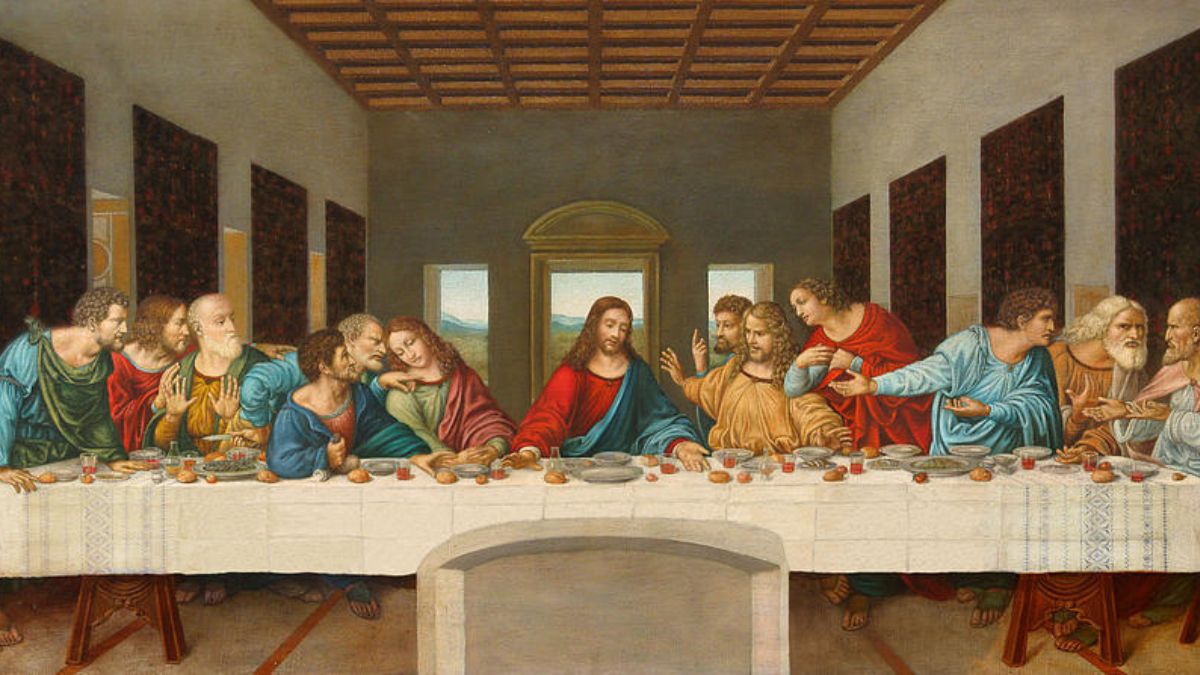

BreakPoint
True Fanaticism
Last June, the Supreme Court upheld the constitutionality of Cleveland's school voucher program. The vouchers provided poor children in failing public schools with the means to pay for private or parochial schools. Chief Justice Rehnquist rejected the idea that the program constituted an establishment of religion. He described it as part of an "multifaceted undertaking . . . to provide educational opportunities to the children of a failed school district." Opponents of the program vowed to keep fighting, and they've made good on their promise -- even if it means turning poor children into permanent second-class citizens. After their defeat in the Supreme Court, voucher opponents, like Americans United for Separation of Church and State, tried a new tactic: Instead of alleging that the programs violate the U.S. Constitution, they're challenging them on state constitutional grounds. This is happening, for example, in Colorado, the first state to enact a voucher program following the Supreme Court's decision. The Colorado program allows parents to sign what it calls "opportunity contracts" that provide tuition to private schools that agree to take the children. The "opportunity contracts" are only available for students in districts where at least eight schools have received an "unsatisfactory" or a "low" rating from the state. In other words, it's designed to give motivated parents and kids an alternative when public schools are proven to be substandard. As expected, voucher opponents filed suit in a Colorado state court to block the program that doesn't even begin until 2004. They alleged that the program violates Colorado's constitution and "illegally enriches church-run schools." While some of the opponents are unions seeking to protect their members' jobs, much of the opposition can only be characterized as militantly secularist. For groups like Americans United, the issue is "the proper relationship between religion and government in America." Programs like Colorado's aren't about expanding opportunity for the poor, they say, but for "[subsidizing] religious indoctrination," as one plaintiff put it. There's a word for what we're seeing in Colorado: fanaticism. Opponents of the program agree that the public schools in the affected districts are failing. And they know that the only real-world alternatives to those failing schools are vouchers. But they're willing to sacrifice poor children's futures to avoid even a hint of possible religious influence in American public life. We see the same indifference to the fate of those in need in the opposition to every cooperative endeavor between government and religious groups, like Prison Fellowship's InnerChange Freedom Initiative. The choice isn't between help in a faith-based setting and a completely secular one. It's between help and no help at all. In the continuing debate over vouchers and other faith-based initiatives Christians must point out what's really at stake here isn't philosophical abstractions, but the lives of real people. And we must point out that Christians aren't the fanatics here, as we're so often called. The true fanatics are those who so rabidly oppose even the briefest exposure to religion that they'll willingly condemn children to bleak futures as an uneducated underclass. For further reading and information: Javier Erik Olvera and Nancy Mitchell, "Division on vouchers crosses many lines," Rocky Mountain News, 9 June 2003. "Coalition challenges Colorado's school voucher program," CNN, 21 May 2003. "Voucher law challenged," Denver Post, 20 May 2003. Mark Walsh, "Supreme Court Upholds Cleveland Voucher Program," Education Week, 27 June 2002. Casey Lartigue, Jr., "Lessons from MLK: The school-choice battle gets intense," National Review Online, 9 June 2003. BreakPoint Commentary No. 030214, "The Risk of Doing Good: Lawsuits and Faith-Based Solutions." (Archived commentary; free registration required.) Joe Loconte, God, Government, and the Good Samaritan (Heritage Foundation, October 2001). "Putting Faith to Work: Enabling the Church" -- In this special "BreakPoint" broadcast, Managing Editor Jim Tonkowich talks with Jim Towey of the White House Office of Faith-Based and Community Initiatives and Joe Loconte of the Heritage Foundation about the positive impact people of faith can have on their community.
06/10/03















